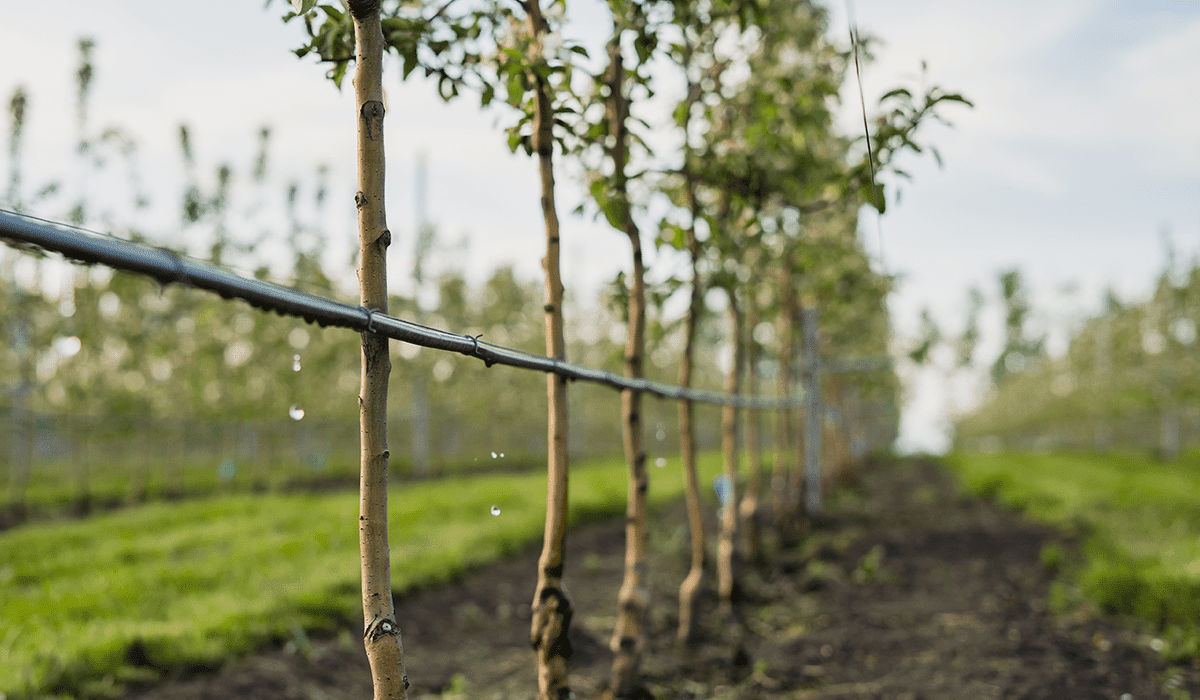Tips for healthy farming in June focus on optimizing plant health and productivity during the early summer months. As temperatures rise, it’s crucial to maintain consistent irrigation practices to ensure crops receive adequate water without becoming waterlogged. Implementing mulch can help retain soil moisture and suppress weed growth, promoting healthier plants. Regularly monitor crops for pests and diseases, as warm weather can accelerate their proliferation. Employing natural predators and organic pesticides can help manage these issues sustainably. June is also a prime time for soil testing to adjust pH levels and nutrient content, ensuring optimal growing conditions. Additionally, rotating crops can prevent soil depletion and reduce the risk of disease, fostering a robust farming environment.
In June farming activities are in full swing as crops are maturing and weather conditions vary widely depending on locations. Afterward, Here are some essential tips for healthy farming in June:-
- Monitor Weather Conditions: June weather can be unpredictable, with the potential for sudden storms or heatwaves. Stay updated with forecasts and be prepared to protect crops from extreme weather events such as hail or heavy rainfall, which can damage tender plants.
- Crop management: Regularly inspect crops for signs of pests, diseases, or nutrient deficiencies. Early detection allows for prompt intervention, minimizing potential damage. Implement integrated pest management (IPM) strategies and consider organic solutions where possible to maintain soil health and reduce chemical inputs.
- Weed Control: Weeds compete with crops for nutrients, water, and sunlight. June is a critical time for weed management to prevent them from overtaking fields. Utilize mechanical methods, mulching, or herbicides judiciously to keep weed growth under control without harming desirable plants.
- Irrigation Management: Ensure crops receive adequate water, especially during dry spells. Monitor soil moisture levels regularly and adjust irrigation schedules accordingly. Efficient irrigation practices such as drip irrigation or using soil moisture sensors can optimize water use and prevent waterlogging or drought stress.
- Soil Health: Healthy soil is essential for robust crop growth. Conduct soil tests to assess nutrient levels and pH. Apply organic matter such as compost or cover crops to improve soil structure and fertility. Minimize soil disturbance to preserve beneficial soil organisms and prevent erosion.
- Crop Rotation: The rotation of crops can also help in minimizing the crop diseases happening between the corporations. Rotate with nitrogen-fixing crops to enhance soil nitrogen levels and reduce reliance on synthetic fertilizers.
For more information like this visit our official site Khetikibaat.


